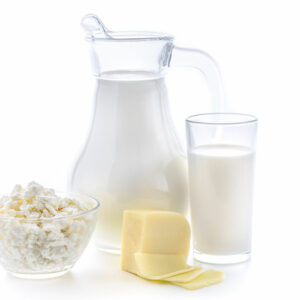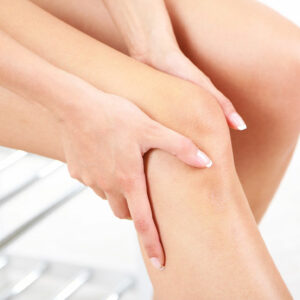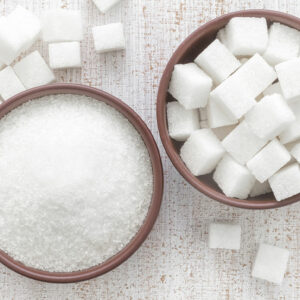
01
4 side effects of inadequate water intake
The secret to maintaining good health may be eating healthy and staying active. However, the importance of water cannot be overlooked, as every organ in the body needs sufficient water to function properly. Water also aids in lubricating the joints and maintaining body temperature. In fact, drinking insufficient water throughout the day can lead to various side effects, such as urinary problems and dizziness. In severe cases, it can even lead to kidney stones. 4 common side effects of insufficient water intake Persistent headaches One of the first side effects of insufficient water intake is the presence of persistent headaches, which can result in throbbing pain and hinder daily activities. Hence, when suffering from persistent headaches, it’s suggested that an individual consume a large glass of water and rest until the headache disappears. In most cases, dehydration-related headaches should disappear in a couple of hours after consuming water. Low energy or fatigue When an individual is dehydrated, they may notice a drop in their energy levels. They may face symptoms such as decreased focus, lightheadedness, and dizziness. The dehydration can worsen during the afternoons due to continued inadequate water intake, worsening the fatigue, and they may be unable to go about their day as usual.
Read More 









